Electric vehicles (EVs) are a big step forward for cleaner, more sustainable transportation. Even with their many benefits, there are still a lot of reasons why people hesitate to buy them. Concerns range from charging issues and battery life to costs and unfamiliarity. Understanding these worries can help us address them and encourage more people to switch to EVs. Here, we’ll look at the top 24 reasons why some folks are still on the fence about getting an electric vehicle.
Charging Time
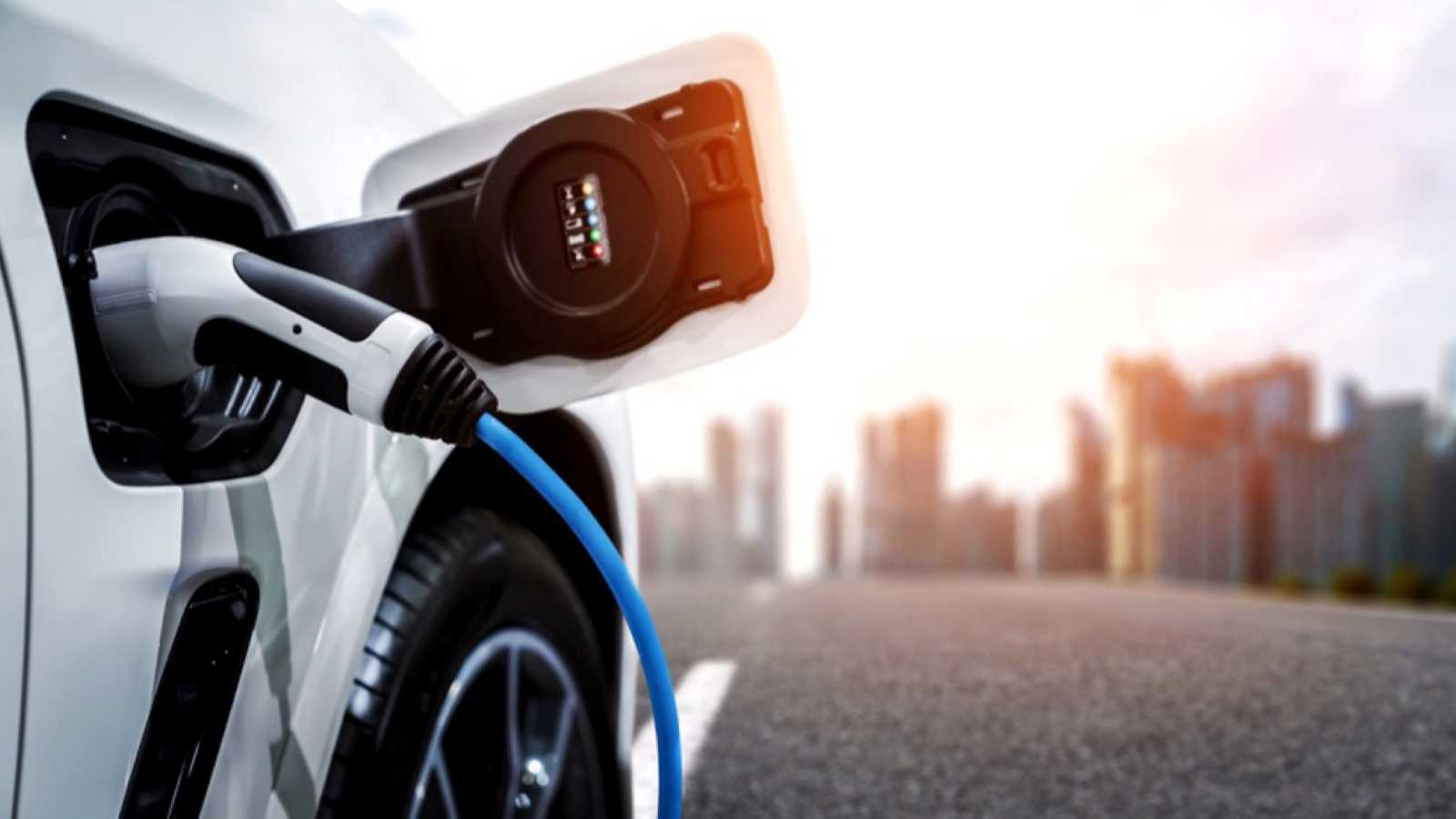
Charging an EV takes longer than filling up a gasoline car, even with fast chargers. This can be inconvenient for people used to quick stops at the gas station. Long charging times can mess up travel plans and daily routines, making EVs less appealing to those who value time efficiency.
Limited Knowledge and Awareness

Many potential buyers lack knowledge about electric vehicles and their benefits. Misconceptions and a lack of reliable information can make people wary of switching from traditional gasoline vehicles to EVs. This knowledge gap can lead to uncertainty and reluctance to invest in new technology.
Performance in Cold Weather

EVs can lose range and performance in very cold weather. Batteries are less efficient in low temperatures, leading to shorter driving distances between charges. Cold weather can also affect the overall performance of the vehicle, which is a big concern for buyers in colder climates.
Perception of EVs as ‘City Cars’

Electric vehicles are often perceived as suitable only for city driving and short commutes. This perception can deter potential buyers who live in rural areas or need a vehicle for more rugged or varied terrain. They might doubt the suitability of EVs for their specific needs and environments.
Environmental Impact of Battery Production
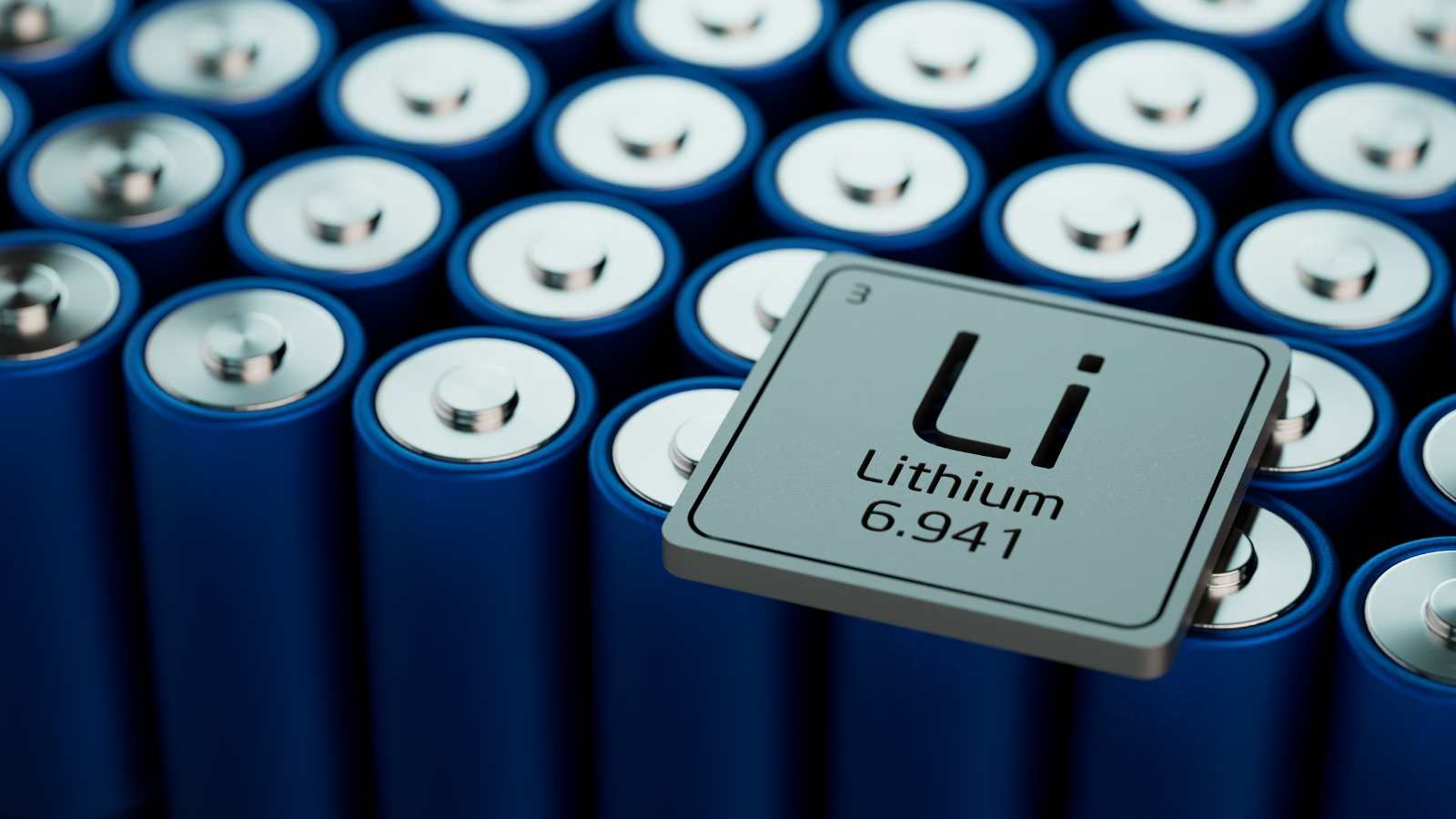
Eco-conscious buyers are concerned about the environmental impact of mining and producing EV batteries. Extracting materials like lithium and cobalt has significant environmental and ethical implications. Some worry that the production process might negate the environmental benefits of driving an EV, making them hesitant to switch from gasoline cars.
Initial Cost

EVs often cost more upfront compared to gasoline cars. This higher initial price can be a big barrier. While EVs might save money on fuel and maintenance in the long run, the higher purchase price can deter many buyers who focus on immediate costs rather than future savings.
Limited Towing Capacity
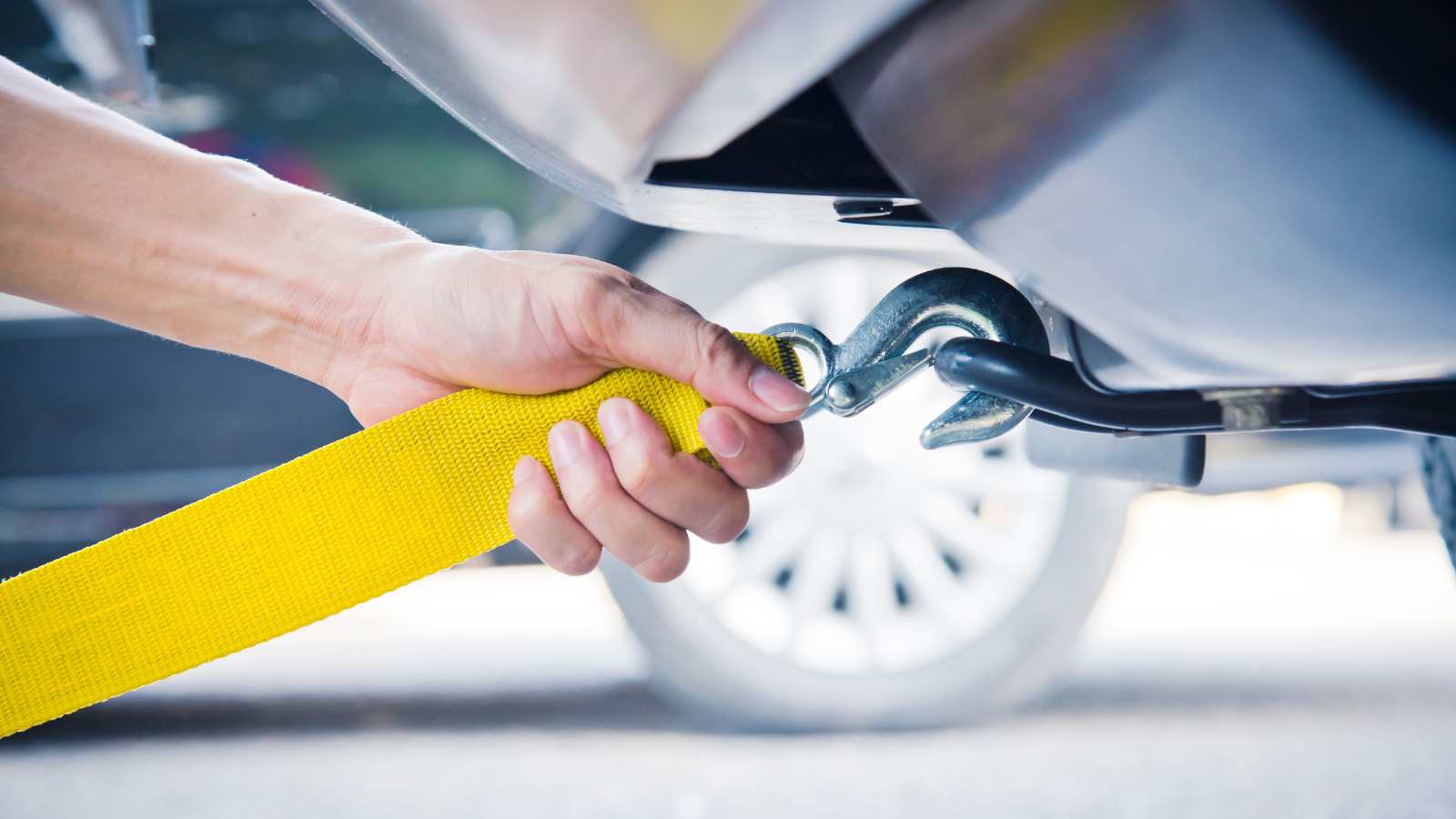
Many EVs have limited towing capacities compared to gasoline or diesel vehicles. This can be a big drawback for those who need a vehicle for towing heavy loads. Outdoor enthusiasts and professionals who rely on this feature might find EVs less appealing, preferring traditional vehicles that meet their towing needs.
Charging at Apartments and Condos
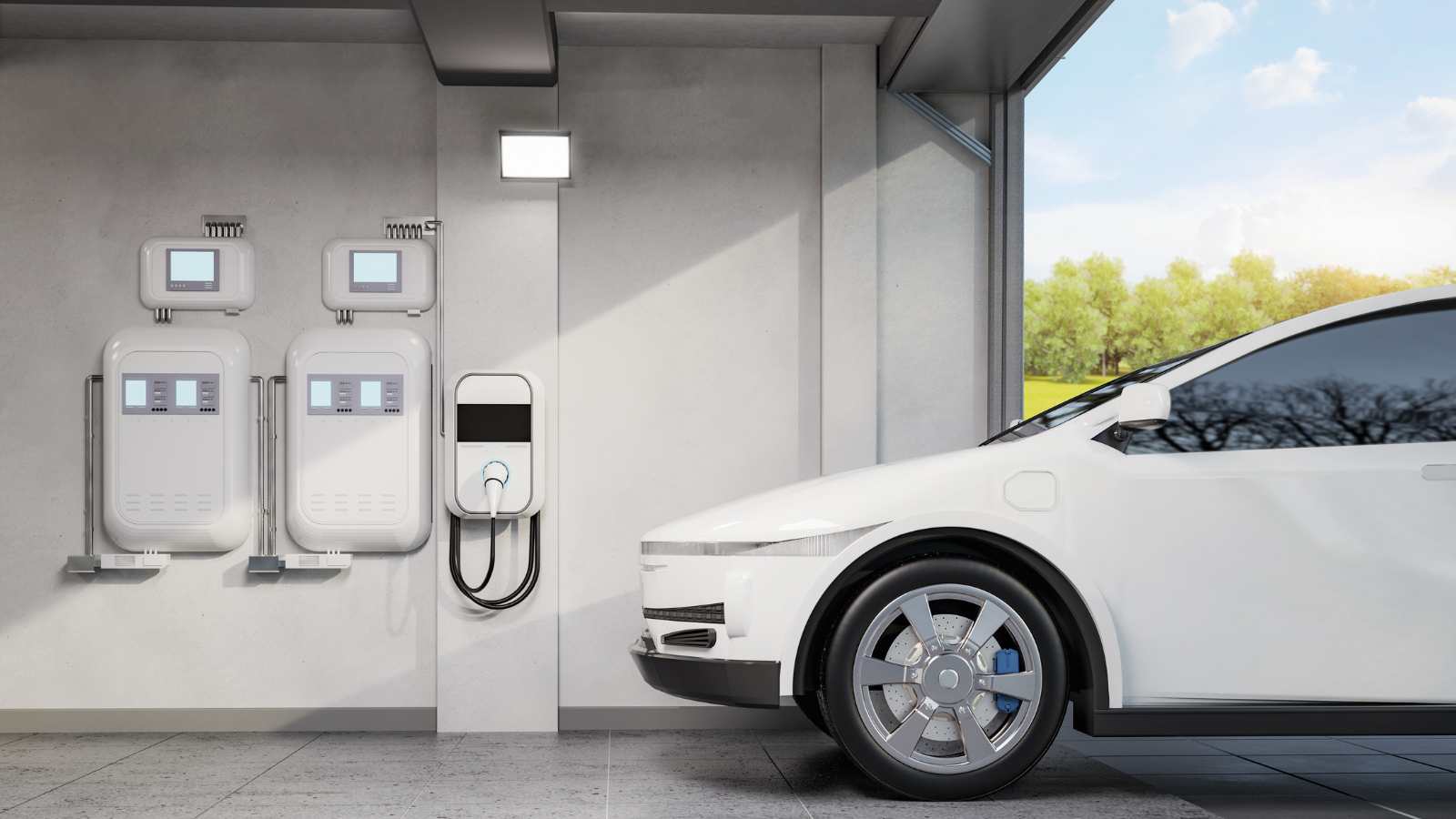
People living in apartments or condos might face significant challenges in accessing charging facilities. Shared parking areas and limited options for installing personal chargers can make it difficult for these residents to consider EVs a viable option. This lack of convenient charging access can be a major deterrent.
Battery Technology
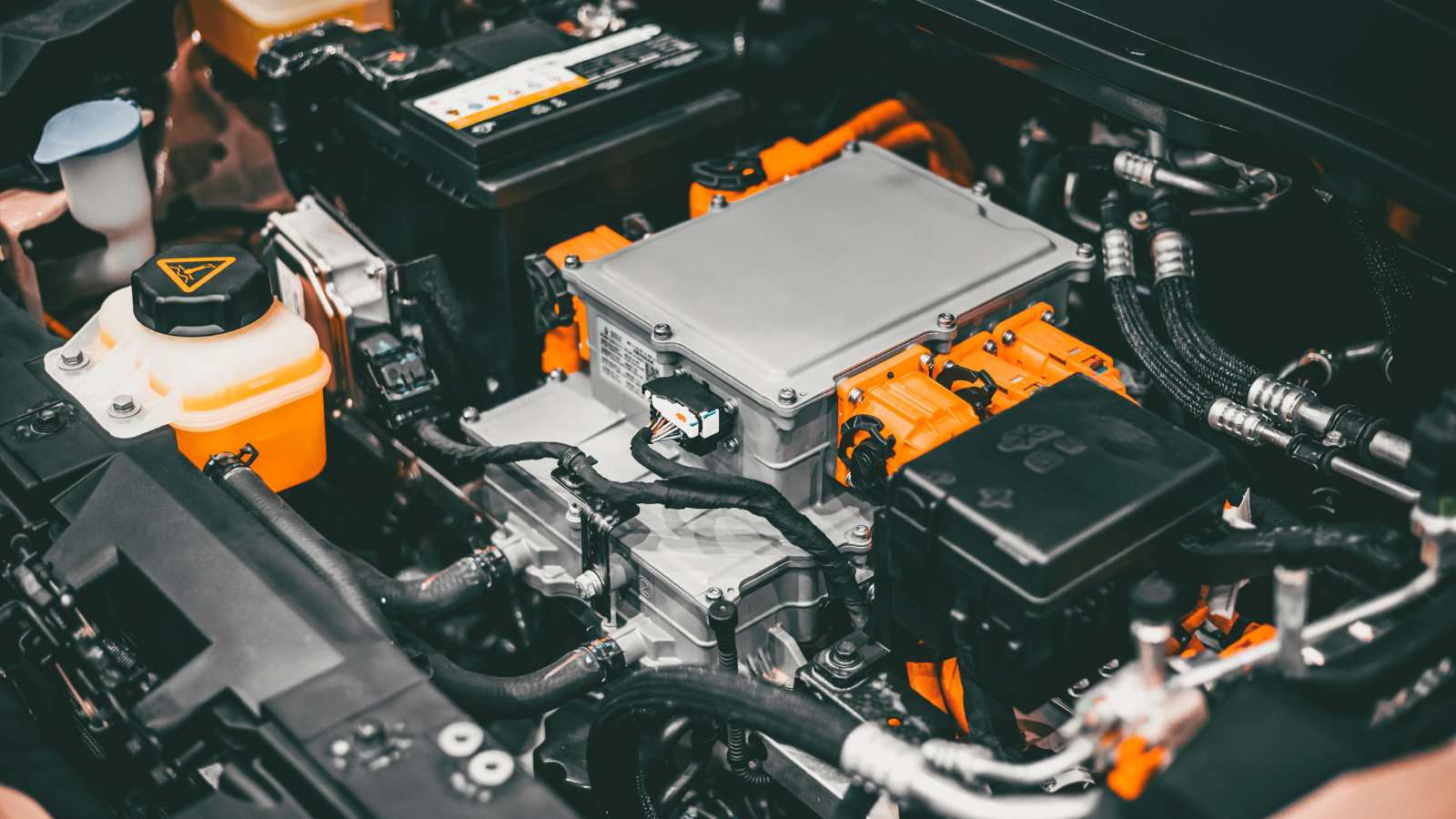
Concerns about current battery technology and the pace of advancements also worry potential buyers. Rapid technological progress can make existing models seem outdated quickly. People worry about buying a vehicle that might soon be surpassed by newer technology, deterring those who prefer long-term stability.
Insurance Costs
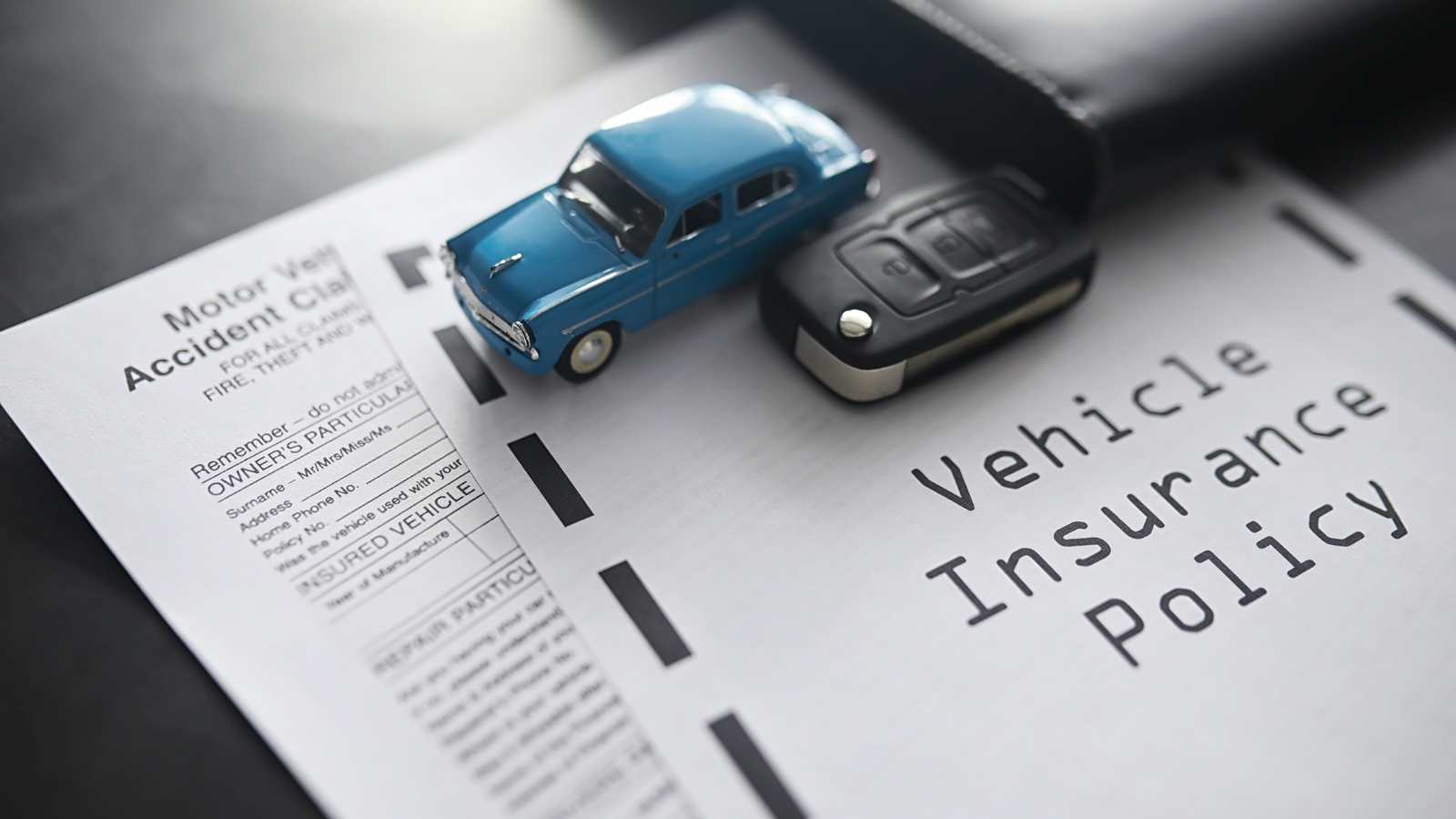
Insurance rates for electric vehicles can sometimes be higher than for gasoline cars. The higher costs are due to the expensive components and specialized repair services required for EVs. Potential buyers might be discouraged by the prospect of paying more for insurance.
Long-Distance Travel

Planning long trips can be stressful with an EV due to the need for frequent charging stops and the location of charging stations. This can make road trips or extended travel less convenient compared to gasoline cars. The need to carefully plan routes and ensure charging availability adds stress, which is a drawback for those who travel long distances often.
Resale Value

Uncertainty about the resale value of EVs compared to gasoline cars can also deter buyers. The market for used EVs is still growing, leading to unpredictable resale prices. People worry that their EV might depreciate faster than a gasoline car, making the investment seem riskier.
Market Perception and Trends

Uncertainty about the long-term market trends for EVs and whether they will become as mainstream as traditional cars can deter buyers. The future of the EV market is uncertain, and buyers worry about stability and support over time. Changes in regulations, incentives, and technology can impact the market, making some hesitant to commit to an EV.
Range Anxiety

The fear of running out of battery power and getting stranded is known as range anxiety. This is a big deterrent for potential EV buyers. Even with better range and more charging stations, this psychological barrier remains strong. The thought of possibly being stuck without a charge is enough to turn many people away from EVs.
Home Charging Installation
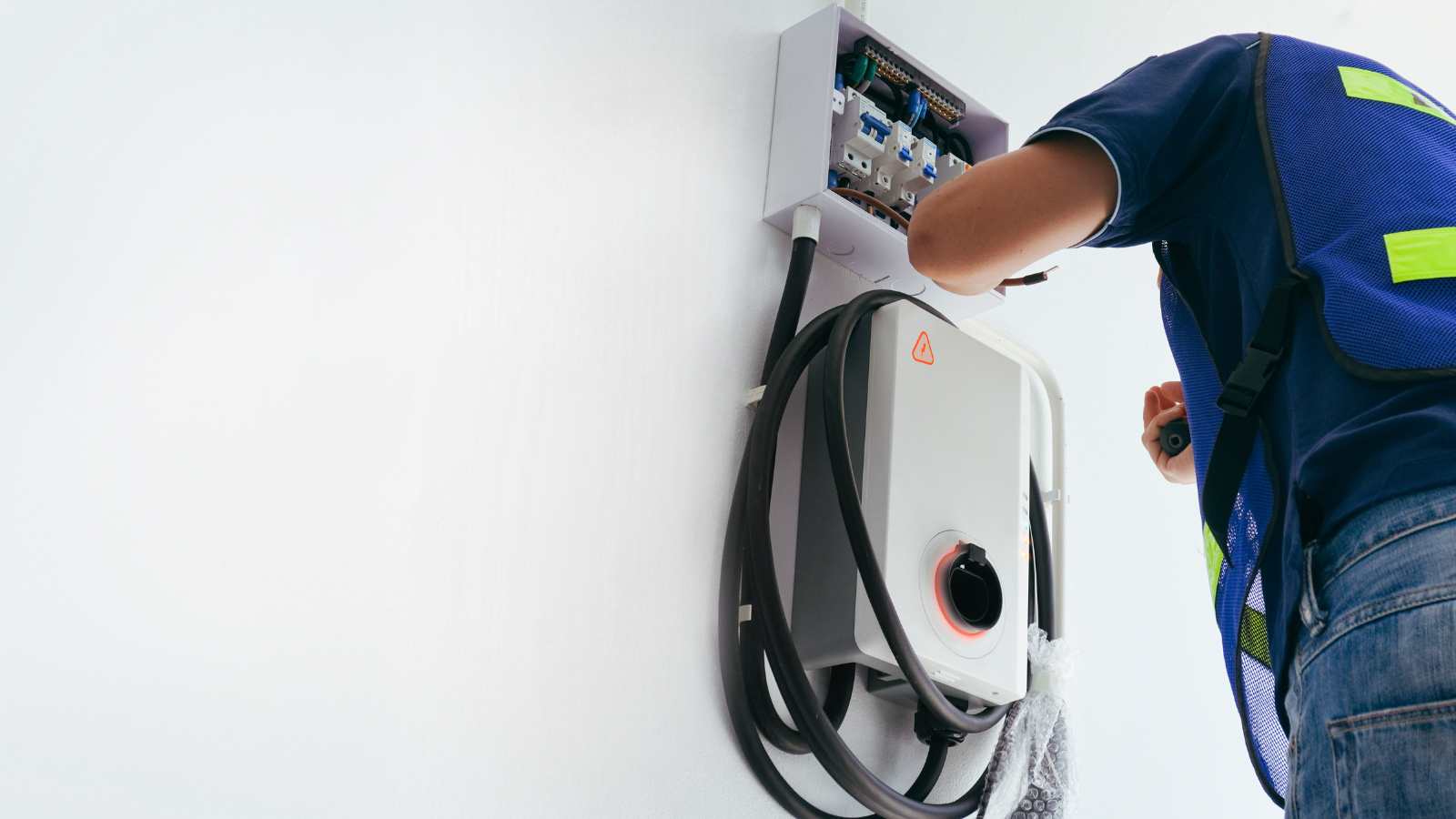
The cost and hassle of installing a home charging station can deter potential EV buyers. Setting up a home charger requires an initial investment and possibly upgrades to home electrical systems, adding to the overall cost of owning an EV. This is a big concern for those living in apartments or older homes.
Limited Model Options
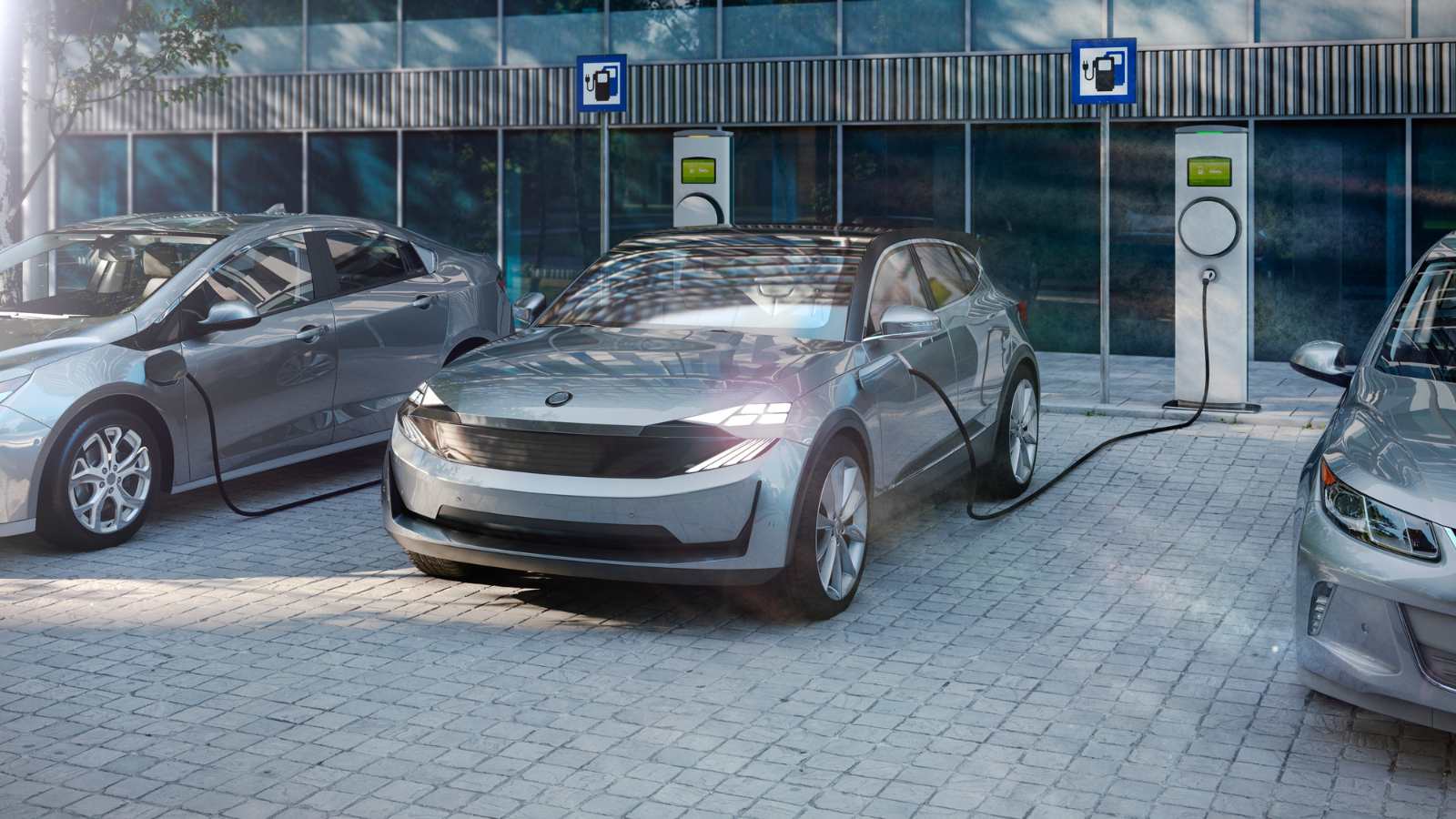
There aren’t as many EV models available to meet all consumer preferences and needs, like SUVs or trucks. Many buyers have specific requirements for their vehicles that current EV offerings might not meet. Without a diverse range of models, potential buyers might not find an EV that fits their lifestyle.
Maintenance and Repair
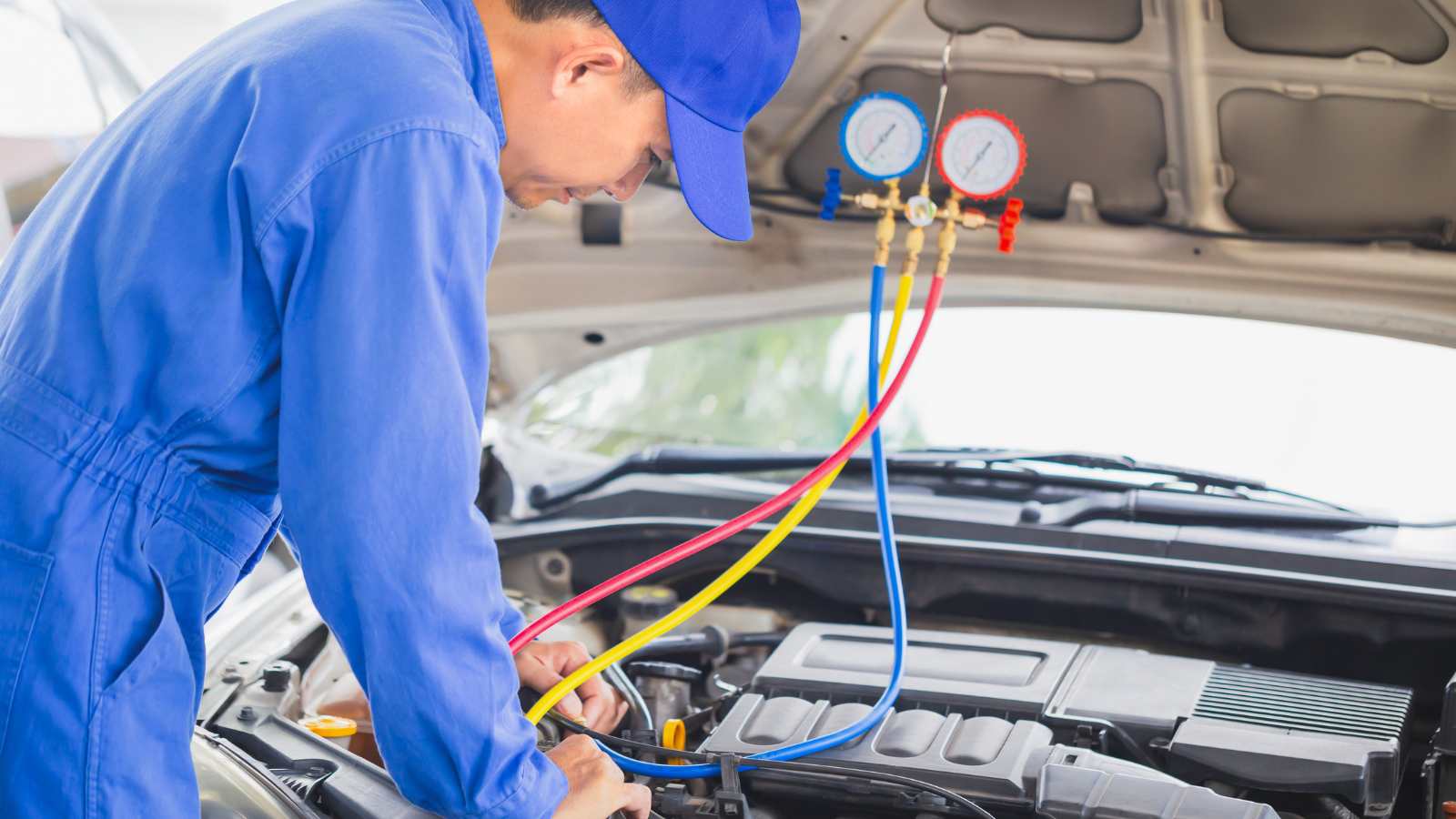
People worry about where to get their EVs serviced and the cost and availability of repairs. Many traditional mechanics aren’t equipped to handle EV-specific issues, leading to higher maintenance costs and longer wait times for repairs. This uncertainty makes buyers hesitant about the convenience and accessibility of EV services.
Brand Loyalty

Consumers loyal to certain car brands might find that their preferred brand doesn’t offer a suitable EV model, limiting their willingness to switch. Brand loyalty plays a significant role in vehicle purchases, and without options from their trusted brands, buyers might hesitate to consider an EV from a different manufacturer.
Impact on Electrical Grid
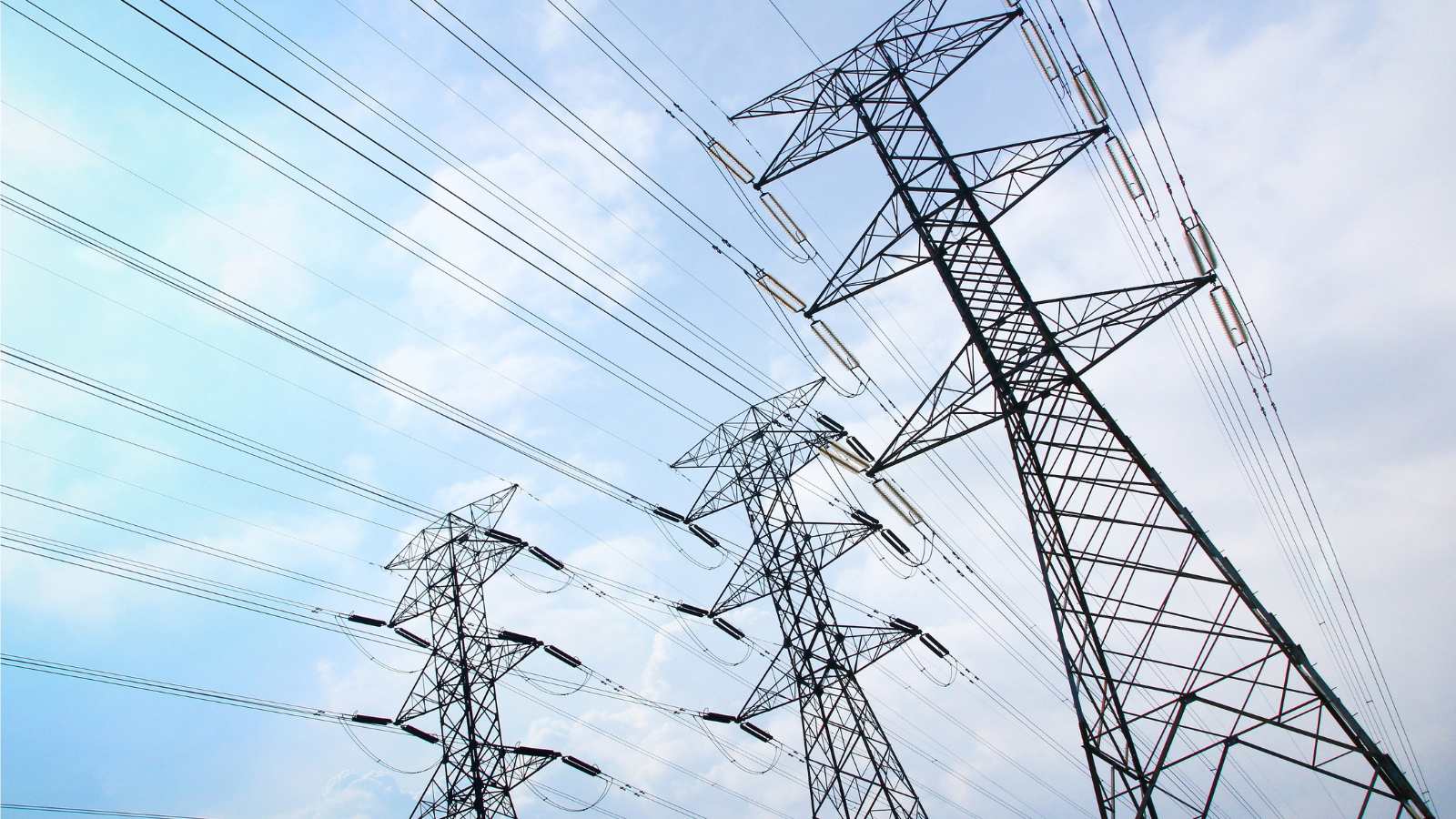
There are concerns about the impact of widespread EV adoption on the electrical grid. Potential buyers worry that the increased demand for electricity could lead to higher prices or even power outages. This concern about the reliability of the power supply can make people hesitant to adopt electric vehicles.
Charging Infrastructure
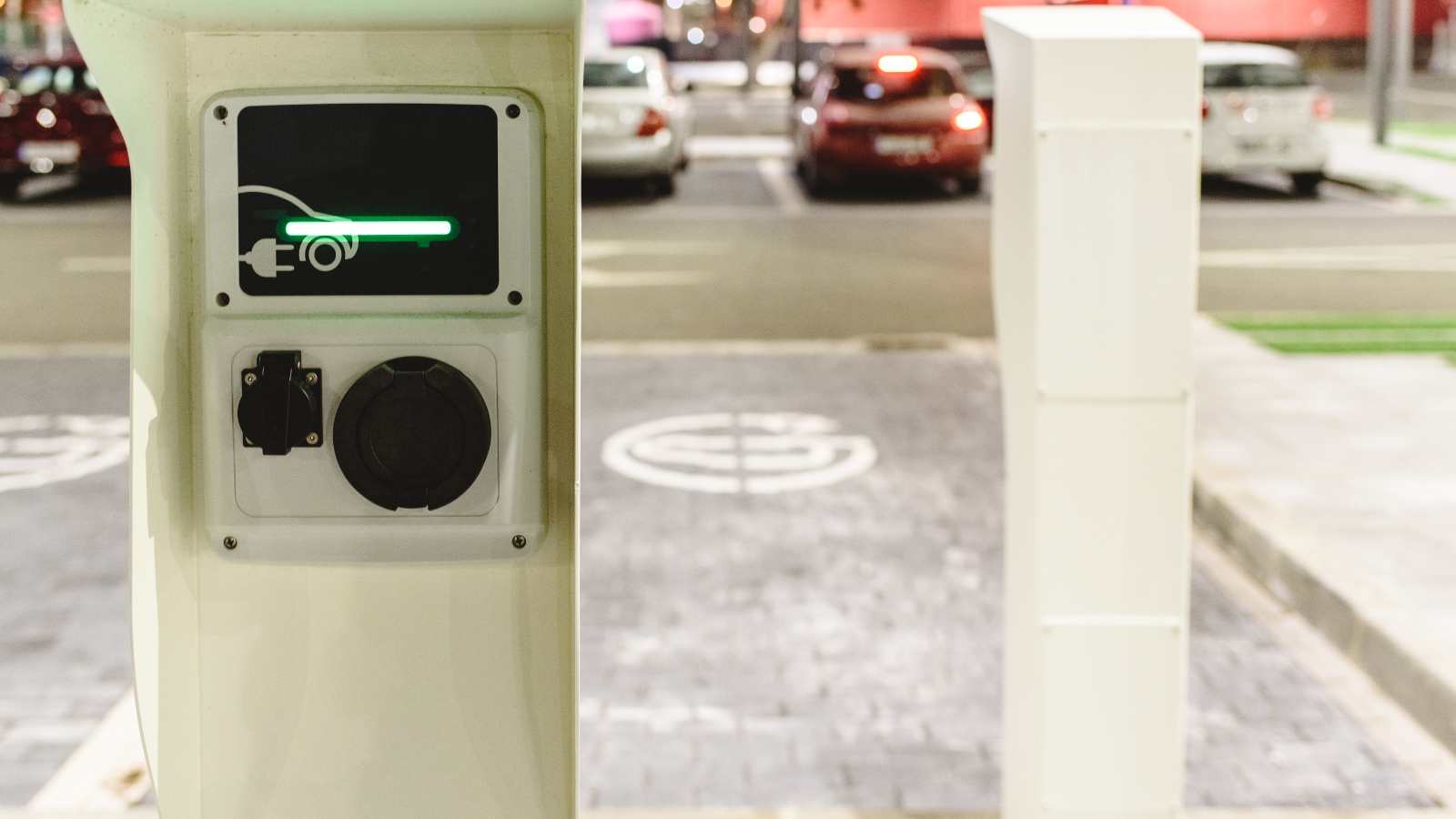
Another big issue is the availability of charging stations. In some places, there aren’t enough public chargers to meet the demand. This can make planning longer trips or even daily commutes difficult. People worry about not finding a convenient place to charge their car.
Battery Life and Replacement
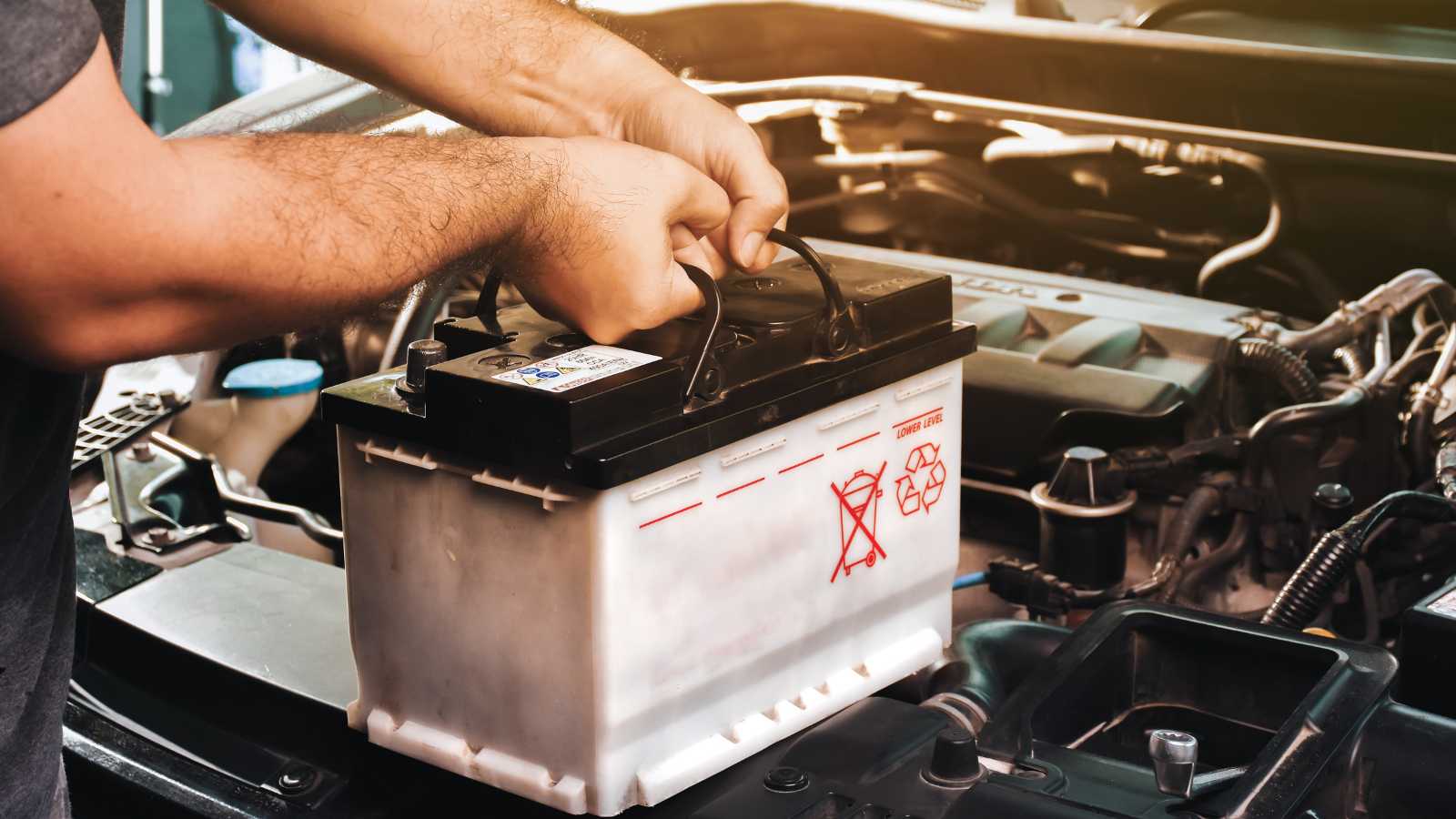
Potential buyers worry about how long the battery will last and the high cost of replacing it. Batteries degrade over time, leading to reduced range and performance. Replacing a battery can be very expensive, sometimes costing thousands of dollars, which makes people hesitant to buy an EV.
Government Incentives

The financial appeal of EVs often relies on government incentives, but the future of these incentives is uncertain. Tax credits and rebates can significantly reduce the cost of an EV, but these benefits might not always be available. Buyers worry about the financial viability of purchasing an EV without these incentives.
Electricity Costs

Potential buyers worry about the cost of electricity and how it might increase in the future. While electricity is usually cheaper than gasoline, potential price hikes could impact the overall cost of owning an EV. This uncertainty about future electricity prices adds financial risk.
Perceived Complexity

EVs are often seen as more complex or unfamiliar compared to traditional cars, which can intimidate some buyers. The technology and maintenance of EVs are perceived as different and potentially more complicated, deterring those uncomfortable with new technologies. Many potential buyers prefer the familiarity of gasoline cars.
Limited Range

One major concern is how far an EV can go on a single charge. Many people worry they’ll run out of battery before reaching their destination. Even though EV ranges have improved, they usually can’t go as far as gasoline cars can on a full tank. This is especially worrisome for those who often drive long distances.
14 Pieces of Outdated Money Advice That Can Derail Your FIRE Plan

FIRE – Financial Independence, Retire Early. That’s the dream, right? Quit the rat race and live life on our own terms. It’s totally doable. Plenty of people join the FIRE movement and manage to retire pretty quickly. And there’s a LOT of advice out there on how to do it. Sadly, much of the advice is outdated or just plain bad.
12 Money Mistakes That Can Leave You Vulnerable in a Crisis

In times of uncertainty, financial stability is more crucial than ever. While prepping for physical emergencies is vital, don’t overlook financial prepping. Avoiding these common money mistakes can help make sure you’re in a stronger position to weather any storm.
Surviving the Crash: 17 Hot Takes on Crypto in a Post-Collapse World

With recent global unrest and economic uncertainties, many people are starting to worry about the stability of our money. They’re looking for new options like cryptocurrencies. Using digital money might sound strange, but it’s becoming more common. Big names like Bitcoin and Ethereum are leading the way. This article will look at how cryptocurrency could change things in a shaky economy. We’ll discuss the good and bad sides of using digital money. Get ready to learn about the crypto world and how it might affect our financial future!

